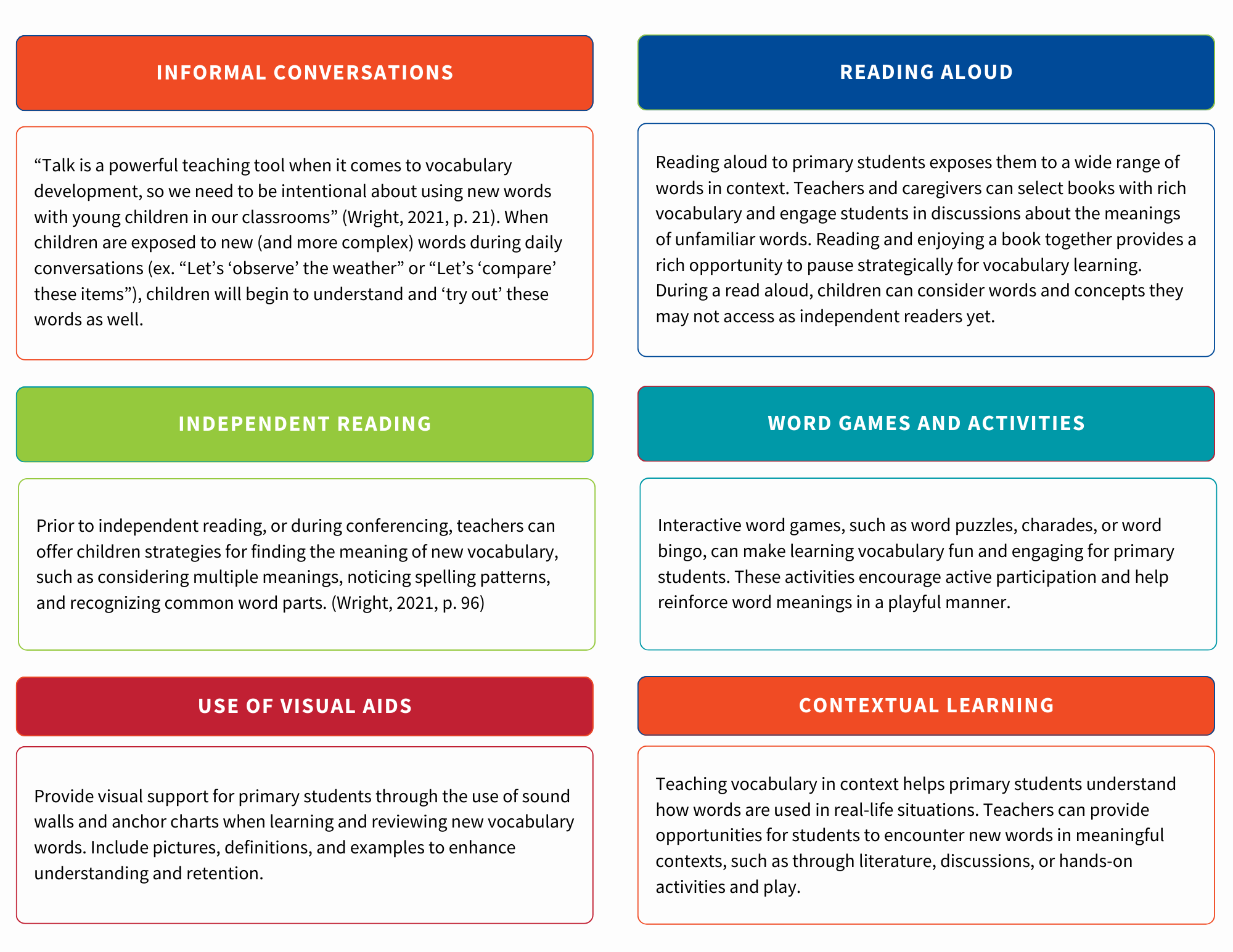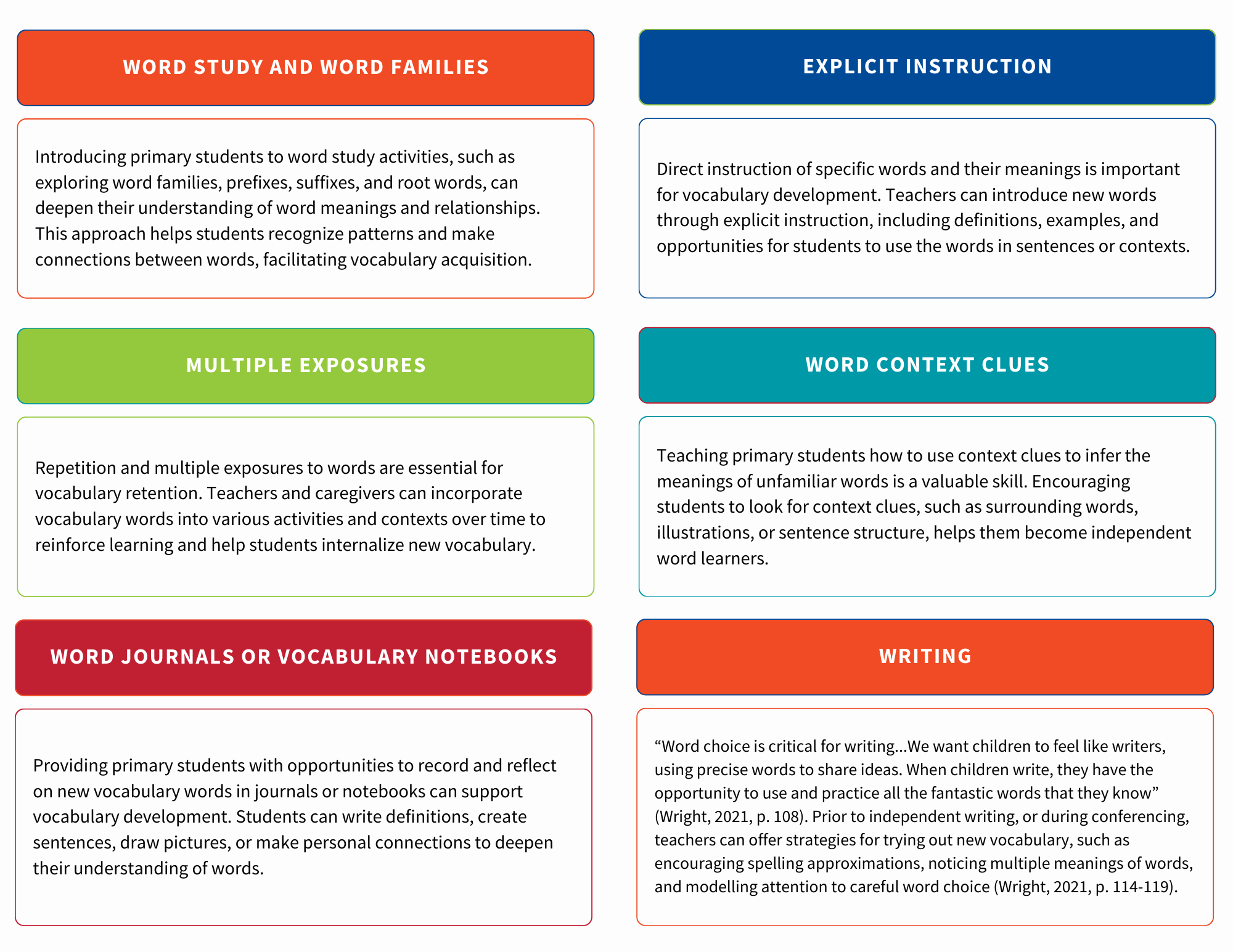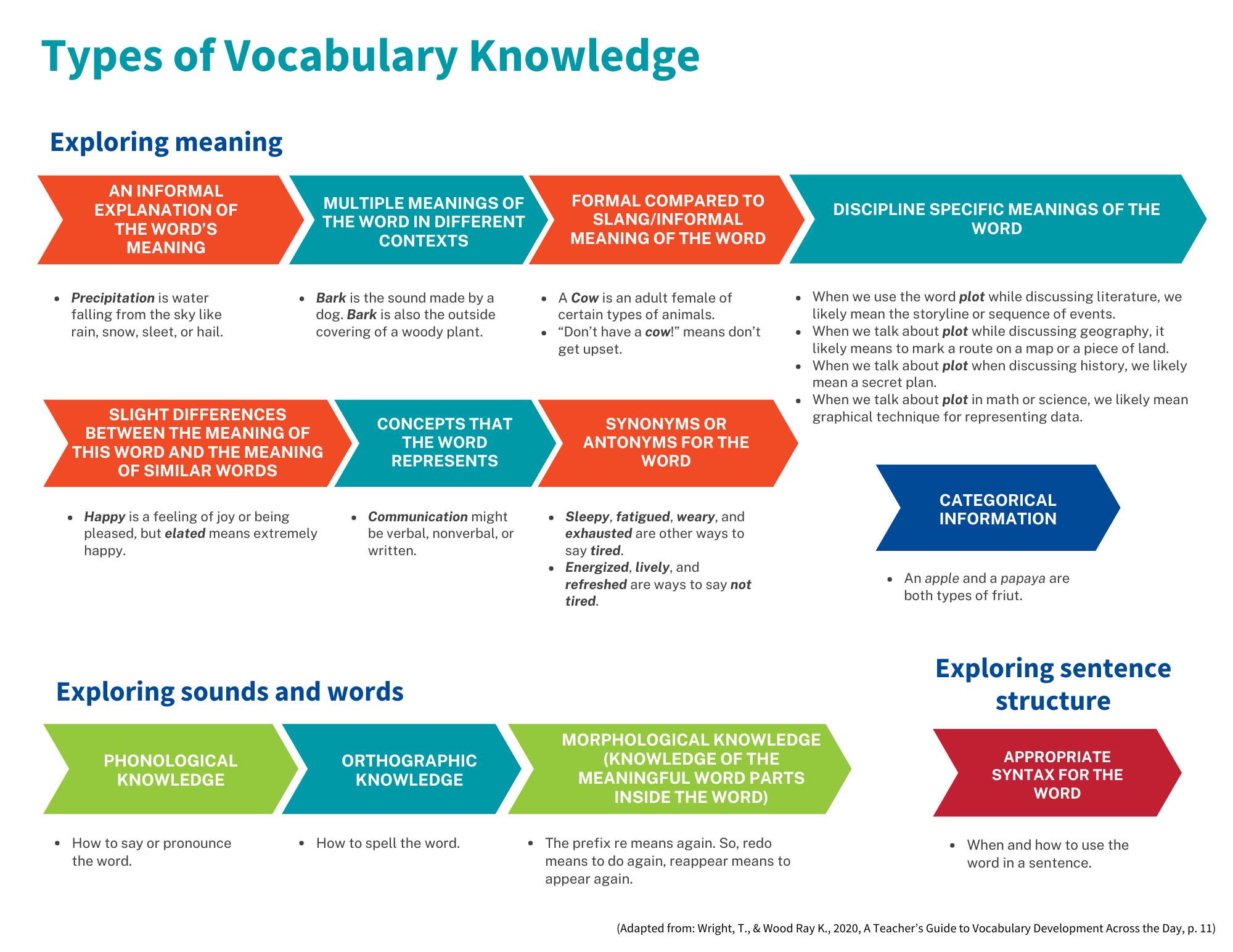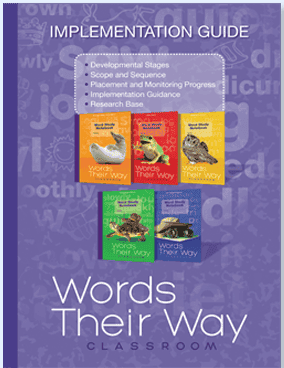“Young children love to learn and use new words as they discuss, read about, and write about ideas, as they learn to describe and explain in their world, and as they play” (Wright, 2021, p. 2).
“We learn words incrementally over time, building more and more word knowledge with each exposure in a meaningful context. If we want children to learn the meanings of new words, we need to create lots of opportunities for them to hear and use the words, over time, in meaningful contexts” (Wright, 2021, p. 16).
With this natural curiosity in mind, highlighting new words in an authentic context, such as during a read aloud, during content explorations, and during writing, is critical. To fully comprehend a text, students need to be able to both decode and understand the meaning of a word. When educators provide opportunities to discuss new words within learning experiences, either with an informal explanation, offering synonyms or anonyms, or sharing multiple meanings, students learn the word in context and with a purpose (Wright, 2021, p. 10).
By implementing these strategies and fostering a language-rich environment, educators and caregivers can support primary students in developing a robust vocabulary, which is crucial for reading comprehension, academic success, and effective communication.
With this natural curiosity in mind, highlighting new words in an authentic context, such as during a read aloud, during content explorations, and during writing, is critical. (Wright, 2021). To fully comprehend a text, students need to be able to both decode and understand the meaning of a word. When educators provide opportunities to discuss new words within learning experiences, either with an informal explanation, offering synonyms or anonyms, or sharing multiple meanings, students learn the word in context and with a purpose (Wright, 2021, p. 10).
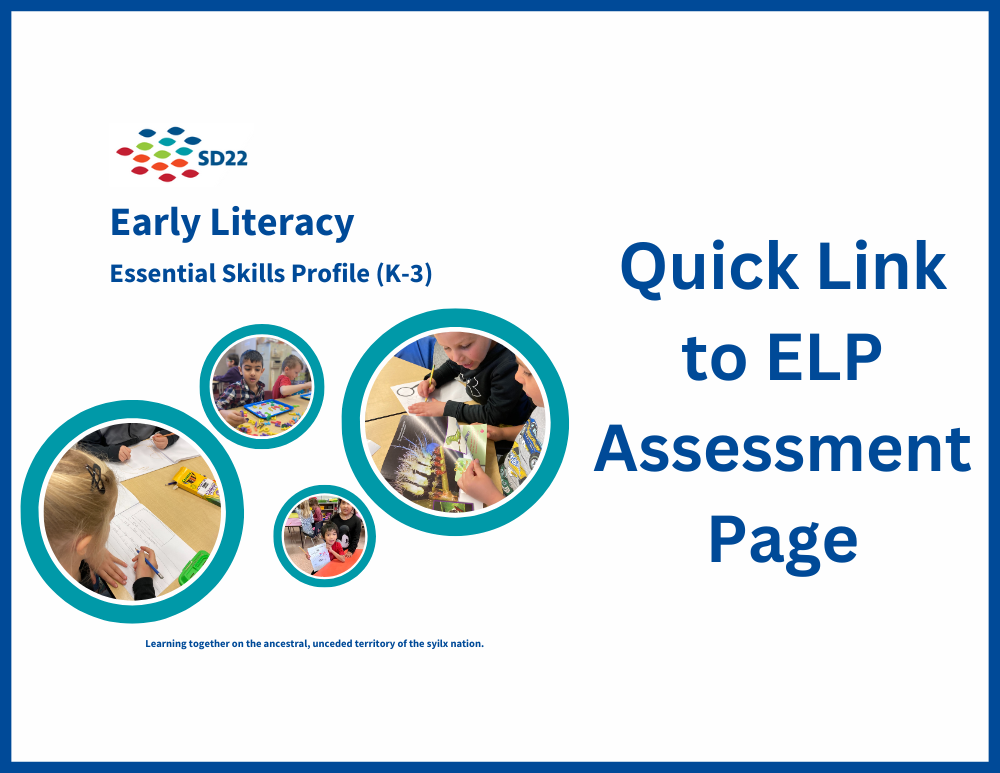
Key Resources: What Informs Us?
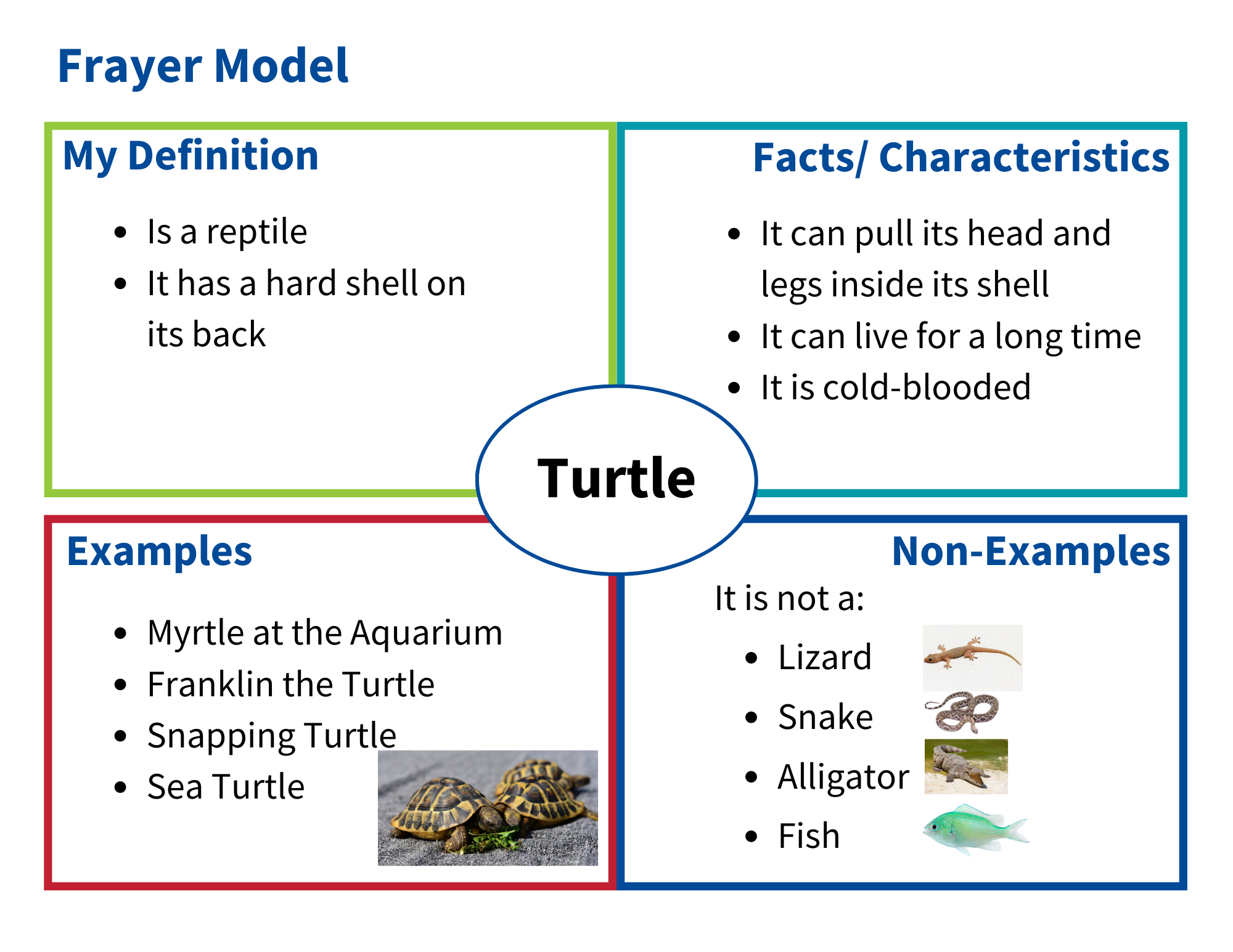 The Frayer model is an extremely valuable tool for helping students grasp the meaning and understanding of a new vocabulary and concept.
| Johnston, F. (2017). Words Their Way. Pearson |
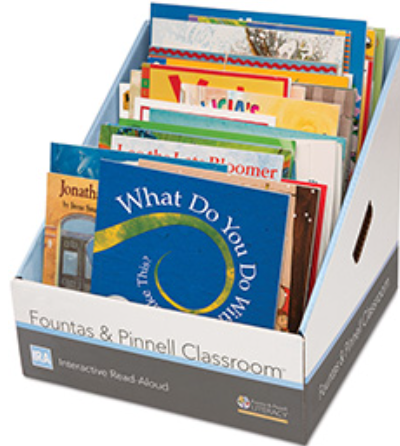 Interactive Read Alouds help students build their comprehension and vocabulary skills. Teachers may reserve books through the District Resource Centre |

